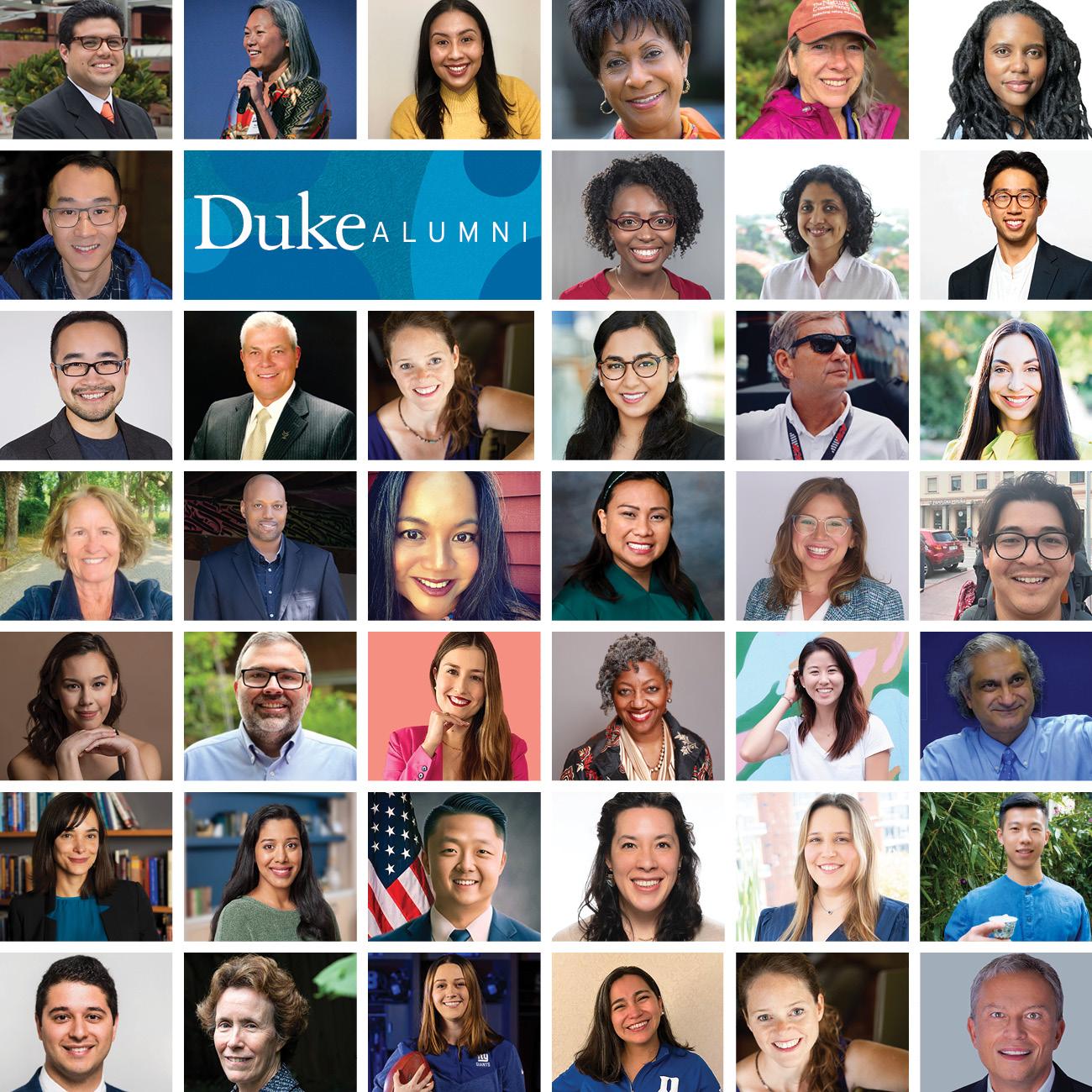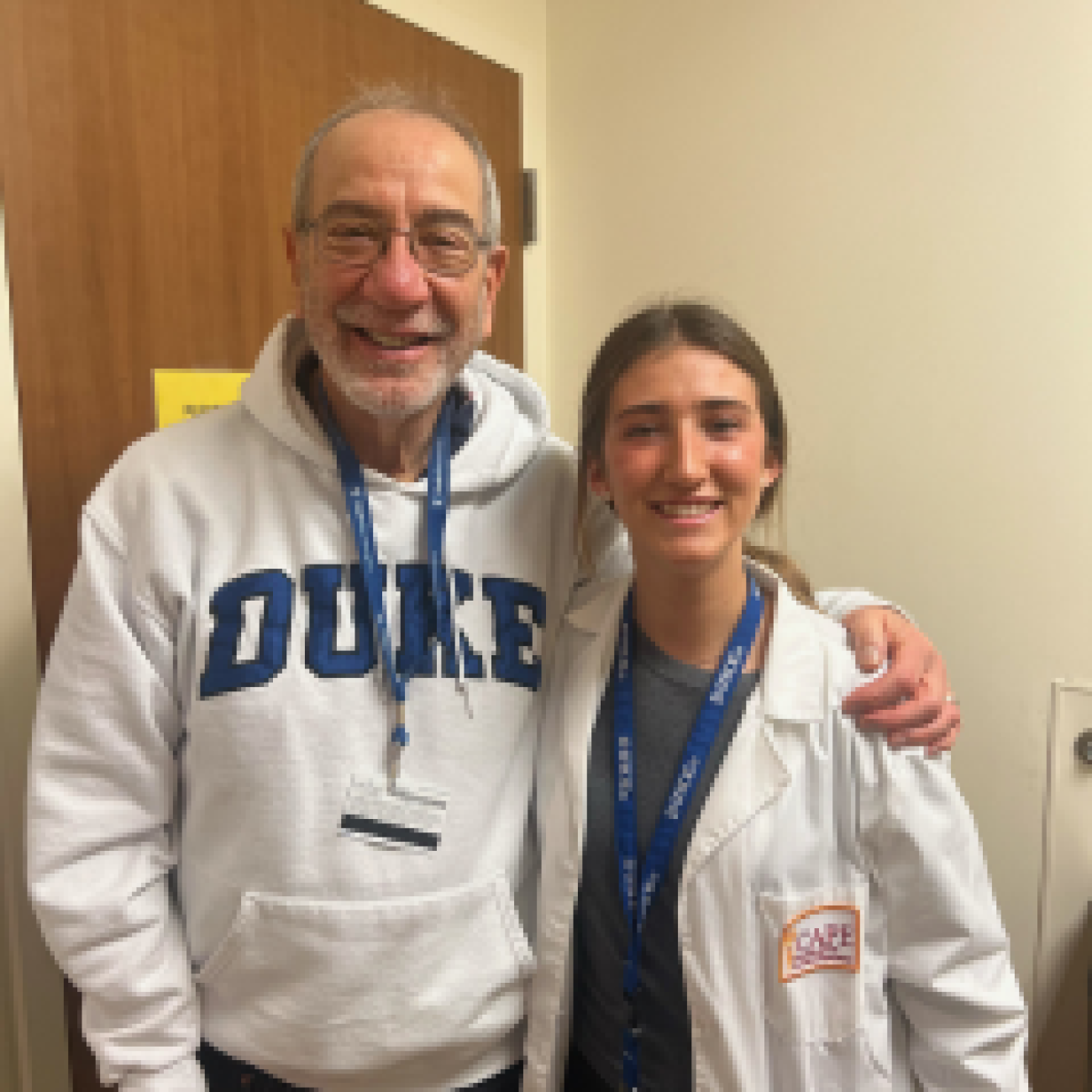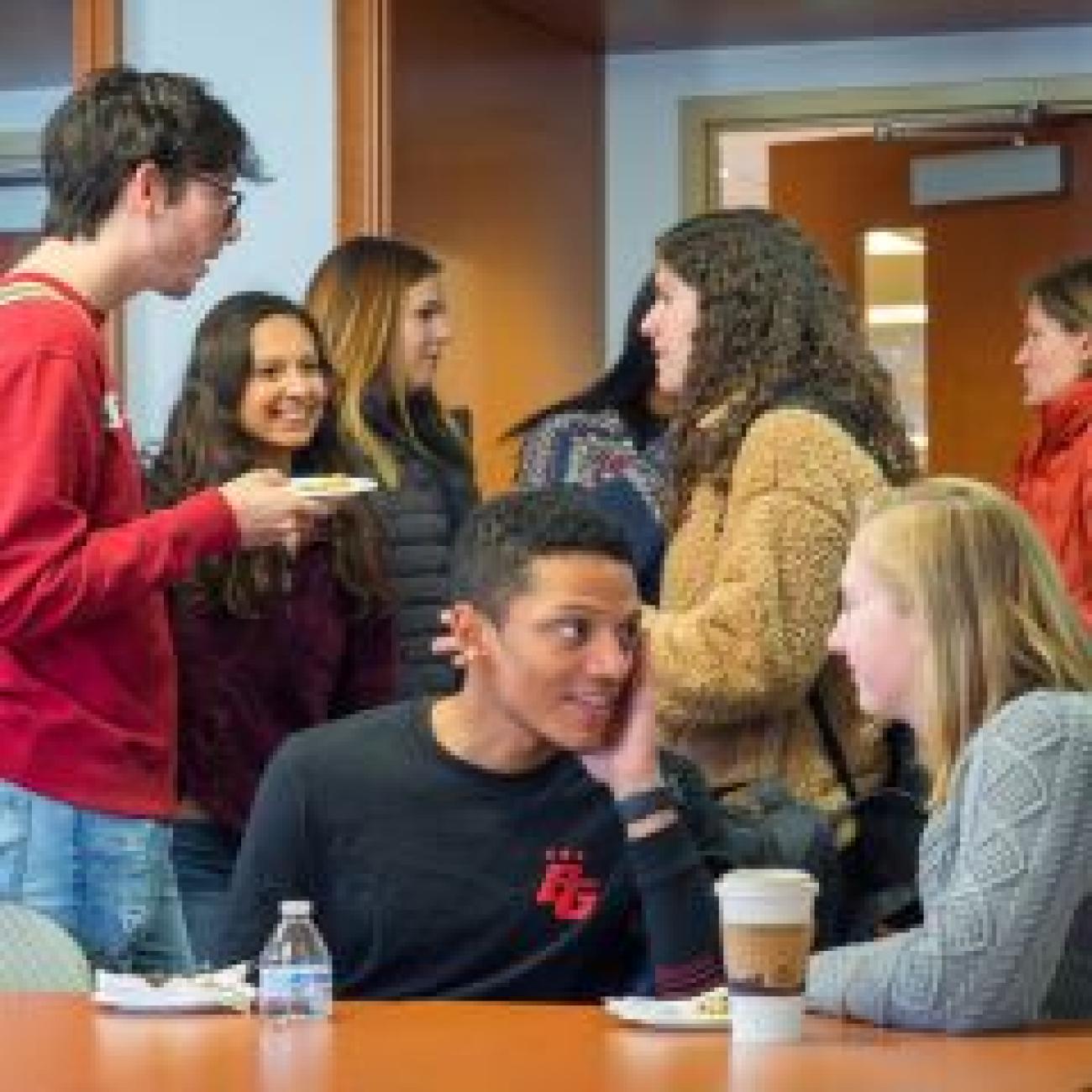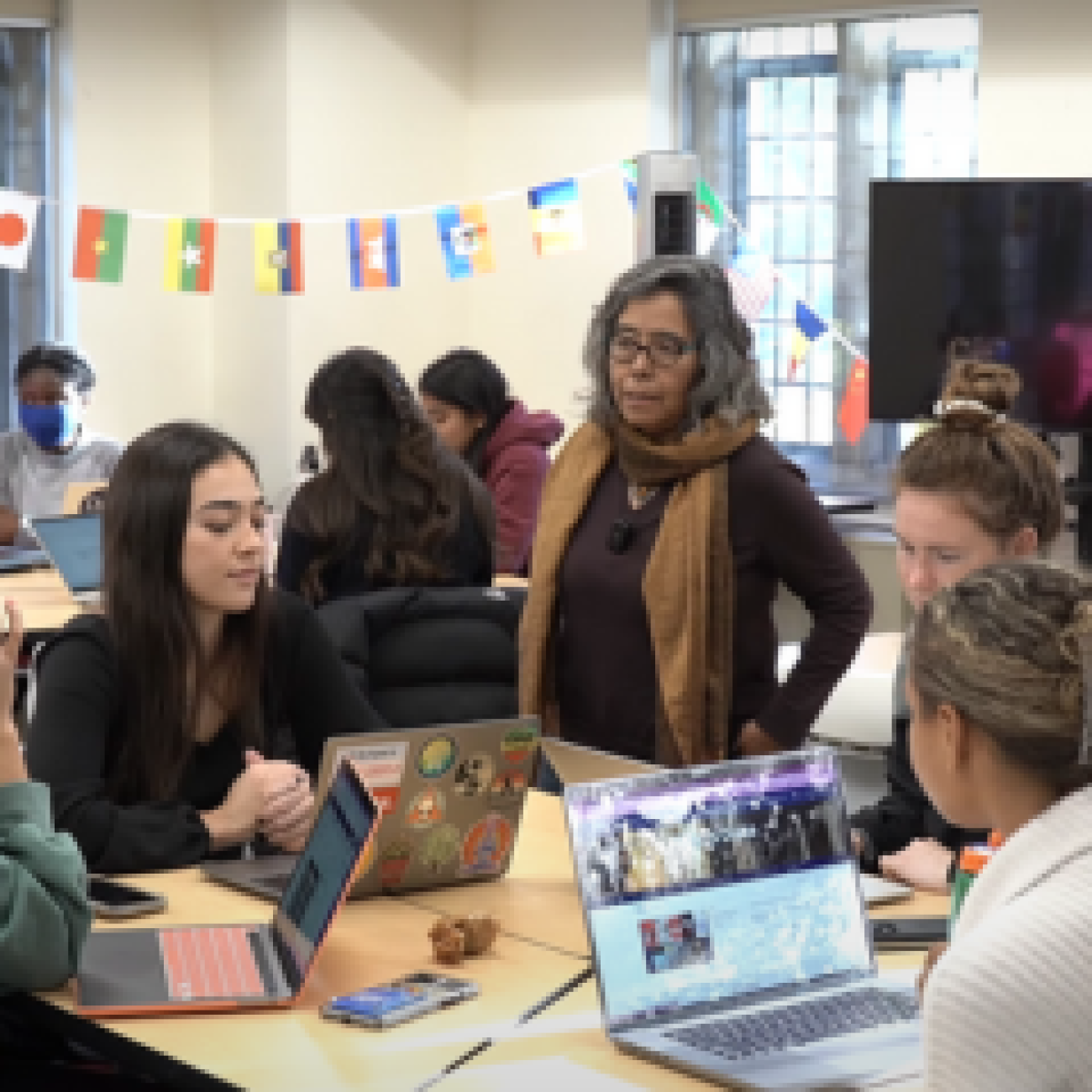Jam Sessions Hack Women's Healthcare
Blending her background in design with social justice, Whitney Robinson ’08 is changing maternal healthcare through a design lab that gives women of color a voice.
Whitney Robinson ’08 never expected to start The Renee.
She was working as a computer programmer, had gotten married and began starting her family when she suffered a pregnancy loss. At 22 weeks, Robinson had a miscarriage; an experience that left her isolated and feeling unsupported by her medical team. An experience that’s statistically mirrored through Black women who are three times more likely to have pregnancy complications than white women.
Robinson continuously questioned why the system was failing women of color and sought support online. In a single post to social media, she asked women if they were willing to share their experiences with pregnancy and loss. It created a spark and went viral.
“I started meeting with mothers experiencing loss,” Robinson says. “I thought how I could as a designer solve this issue?”
The Renee, which means “rebirth,” was born.
Robinson, now a product manager at the White House, envisioned a small collective of women who would meet, tell their stories and experiences and lead solution-based workshops to remedy common problems. These meetings were called “jam sessions” which Robinson had learned the benefit of as a former UX designer who studied computer science at Duke.
Essentially, these sessions prioritize human-centered design strategies like “baselining and narrowing” a room (asking the same questions to everyone, then funneling commonalities until reaching one shared problem) and rapid-prototyping (quick brainstorming taking a rough idea and workshopping it into a solution). While these strategies are prompt and efficient, Robinson intentionally designed The Renee to feel anything but quick. In fact, she purposely designed the process to feel slow.
“It needed to feel mutually beneficial,” Robinson says. “It’s a space that doesn’t feel like I’m getting something from you and then sending you away.”
Robinson took a different approach by highlighting how important relationships and trust are for a woman who has just experienced a loss. With something as vulnerable and personal as maternal health and mortality, Robinson ditched the idea of clinical, cold environments and intentionally made The Renee warm; locally featured artistry was present, calligraphy art, various plants, and plenty of food to keep children who tagged along with Mom occupied.
“Similar to design, I care about the user’s journey from the moment they start and end with me,” she says,” I want [them] to feel cared for and supported.”
Positive it was, and through the successes and spiritual transformations of the first jam session, Robinson expanded the sessions across the country. Wherever she was invited to learn more about women of color’s experiences in maternal care, she went and held a session. One of the things Robinson kept hearing over time was how these women just wanted to feel supported, and to have a strong support system. She further learned about the disparities and stories these women had faced; structural racism, implicit bias and varied quality healthcare to name a few. Robinson realized The Renee was much bigger than a design lab.
“This is not just resting on my shoulders,” she says. “The Renee is community-lifted. This is a movement of mothers who are tired of seeing and experiencing things the way they are.”
Robinson’s dream for The Renee? That it would continue without her, where mothers who are experiencing healthcare inequities could learn human-centered design and expand it wherever the conversations and challenges arise. This year, Robinson is looking forward to planning at least one hackathon around women's healthcare. Through this, she hopes The Renee can partner with organizations and places that aren’t sure how to address morbidity and mortality rates in maternal care. Today, along with leading The Renee, she still uses her background in computer science and design to hold jam sessions in her work for the White House.
“It’s a calling, it’s my life’s work.” Robinson says.












